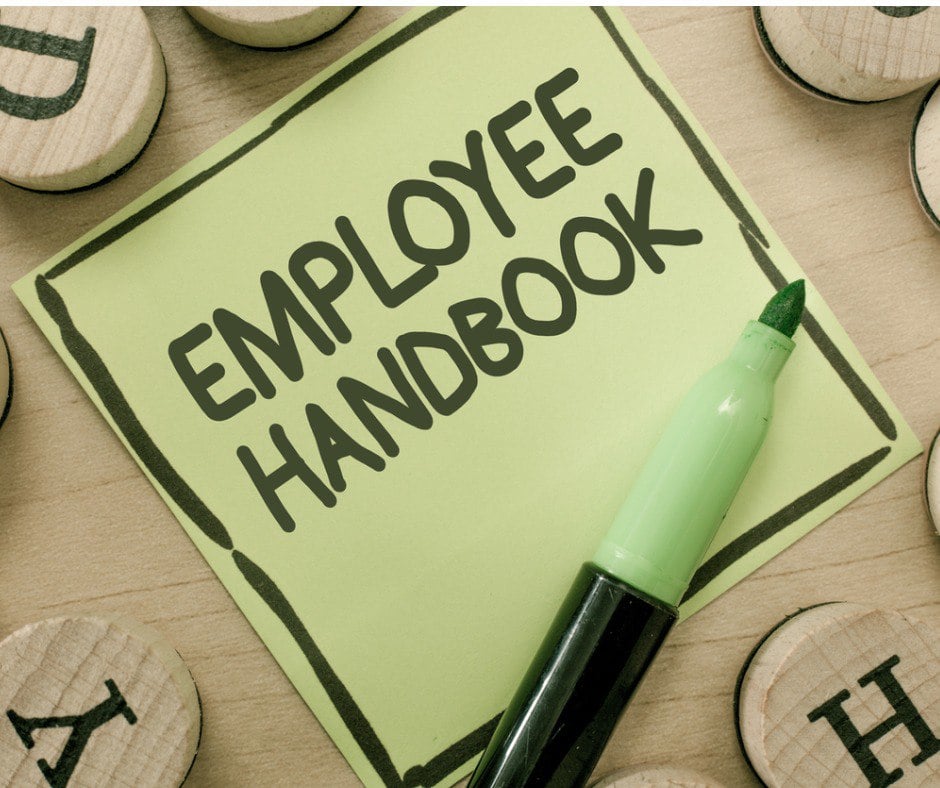4 Employee Handbook Updates to Consider in 2025
December 12th, 2023 | 2 min. read

Each new year brings new opportunities to review and update company policies and procedures. There's no better time to review the employee handbook for updates than in the period beginning Q4 of the current year, through Q1 of the coming year. With the ever-changing labor laws, regulations and dynamics within the workforce, an up-to-date employee handbook is a critical tool to help employees and employers navigate these changes with a shared point of reference.
This article will explore several key updates employers should consider for updating employee handbooks in 2025.
- Work Policies: Remote, Hybrid, or Onsite?
- Diversity, Equity, and Inclusion (DEI)
- Mental Health & Employee Well-Being
Work Policies: Remote, Hybrid, or Onsite?
The remote and hybrid work models have persisted in 2024 and will continue to dominate the conversation in 2025. Most professionals agree that hybrid work is here to stay, and regardless of where your company stands, it's more important than ever for every organization to have policies and procedures surrounding hybrid, remote or in-person work clearly laid out in the employee handbook. No matter what work model your company has decided to adopt, your employee handbook should address this issue in a formal manner. Provide clear guidelines on:
- Work model of your company
- Expectations for each group within the organization, especially for different employee classifications
- Communication protocols
- Guidelines for maintaining productivity while working outside the office
- Reporting structure
- Technology support
- Security guidelines
Diversity, Equity, and Inclusion (DEI)
Diversity, equity and inclusion (DEI) is here to stay, and will continue to be a priority in the workplace in 2025. The employee handbook is a functional tool to detail policies for DEI. Consider providing guidelines around the following topics:
- Anti-discrimination policies
- Equal opportunity statements
- Information on DEI training programs
- A section explaining how to report harassment or discrimination incidents in the workplace and the process of addressing the issue
Clear policies on DEI can help maintain a respectful workplace, improve employee experience, and ultimately better retain and engage your workforce.
Mental Health & Employee Well-Being
Mental health and employee well-being as a consideration in the workplace has gained momentum, especially in recent years and will continue to be a focus heading into 2025. Employee's mental health has a direct correlation to overall job satisfaction and performance. Every organization should consider formalizing guidelines around the following areas:
- Anti-discrimination, anti-harassment and anti-retaliation
- Workplace violence
- Reporting and communication policies
- Available professional resources
- Clearly outlined employee benefits policy
- PTO and leave
Review & Update Your Employee Handbook
In the modern, fast-paced workplace, keeping the company's employee handbook up to date is not just a best practice, it’s a necessity. In 2025 and beyond, companies should ensure that the employee handbook consistently and clearly reflects the priorities for the organization and the expectations of their employees. It’s critical for compliance, and just as importantly, can strengthen your workplace and employee engagement by fostering a more transparent, inclusive, and adaptable work environment.
If you need help reviewing or updating your employee handbook, reach out to an HR and payroll provider and make sure these things are done, and done right.
Patrick has worked for Payday HCM since 2012, with a career that has spanned multiple responsibilities in the sales arena. He now maintains a 300+ client portfolio with a 98% retention rate. Patrick works diligently to determine the optimal utilization of our software, manages ongoing quality assurance, and brings best practices to Payday HCM’s clients. Patrick graduated with a Bachelor's in Business Administration, with a concentration in Finance, from the Anderson School of Management at the University of New Mexico. Having spent the decade since graduating meeting and partnering with entrepreneurs throughout New Mexico, Patrick firmly believes Payday HCM brings national Fortune-500 level service and technology to the New Mexico marketplace.
Topics:

